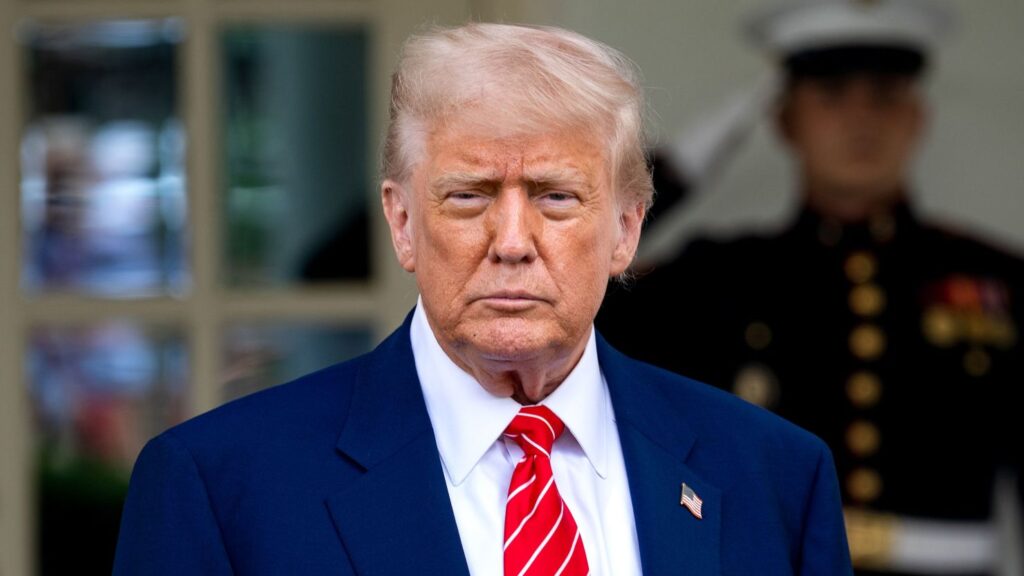In the wake of the tragic killing of conservative activist Charlie Kirk, Donald Trump’s administration has proposed a $58 million request to Congress aimed at beefing up security for members of the executive and judicial branches. Events planned for the president and top officials have seen added security from venue changes to enhanced Secret Service involvement. A Pentagon remembrance ceremony for September 11 was moved indoors for safety.
What the $58 Million Would Do
The $58 million is being sought to expand security capabilities for the executive and judicial branches, with additional support for congressional security. However, the administration has left decisions about how much Congress itself needs to bolster security to the legislative branch. Some of the likely uses for the funding include:Enhancing personal protection details for justices, executive staff, and others at elevated risk. – Increasing security at public events where officials speak or appear.Upgrades in surveillance and threat detection systems. More coordination between federal, state, and local law enforcement.- Maybe they’ll fix up security at federal buildings or event spots.
The Kirk shooting really got people talking because it was a public event and the people involved are known. A lot of conservative leaders are blaming the left for making things hostile, while others want calmer talk and everyone to take responsibility.
But, some people don’t like the $58 million request. Some Republicans are worried about going too far and misusing the new security powers. Others say that security money in the past hasn’t always helped, mostly when the risks are vague or changing fast. Civil rights people are also worried about how better security might mess with public access or free speech. These worries aren’t talked about as much, but they’re there.
How it Works and What it Means
It’s not easy or cheap to make security better. The main problems are Figuring out who needs more protection and when. It’s hard to know what’s a real threat because of misinformation and crazy ideas. Public events, especially outside, are tricky to secure. With Kirk’s event, the crowd size, where it was held, and how people were checked were all questioned. Federal, state, college, and venue security need to work together. Getting everyone on the same page takes time and planning. Lawmakers are dealing with healthcare, roads, and other stuff, so adding security money means fighting for attention and cash.
Why This Matters: More Than Just One Event
The request came about because of the Kirk shooting, but it means more than that. It shows that the government knows political violence isn’t just a possibility anymore it’s happening now. It could change how security is done at political events. If more money means tougher rules, people at public talks might see more screening, barriers, and security. It also brings up the question of freedom versus safety. Talking freely, free speech, and getting together are important, but so is keeping people safe. Finding the right balance is tough.
Congress needs to decide whether to approve the $58 million and how it should be used. This might mean Holding hearings to look at the request and make specific rules. Adding changes or conditions to the new security money to make sure things are open and fair. Possible teamwork to stop violence by teaching people how to calm things down, report threats, and get law enforcement to work together better.
In the meantime, federal agencies will probably keep making security tighter by moving events, adding visible protection, and improving how they respond to threats. The $58 million request is more than just money. It shows how shaky public life has become in the US. Whenever people meet to talk, when movements start, when people get active – there’s always a risk.
For many Americans, it’s not about party lines but safety, reassurance, and ensuring that voices can be heard without fear. This moment will test whether the government can respond not just with funds but with smart planning, accountability, and a real commitment to reducing threats before they become tragedies.










